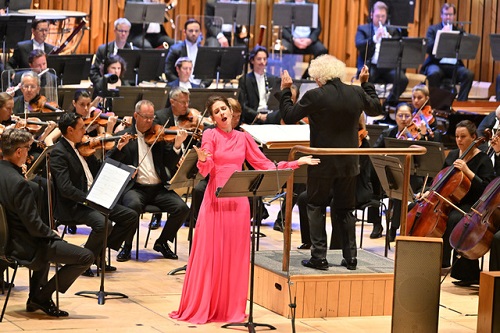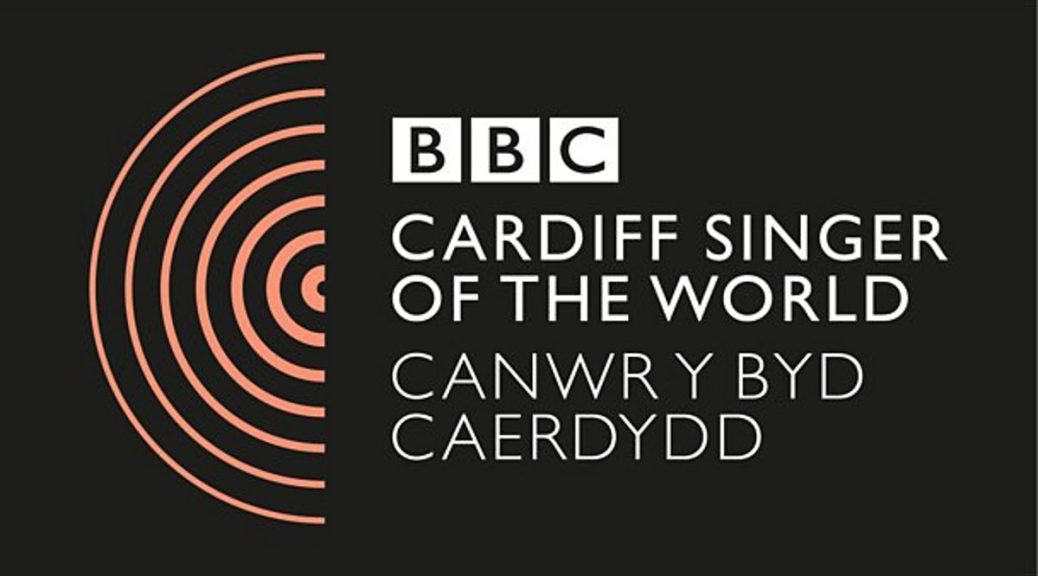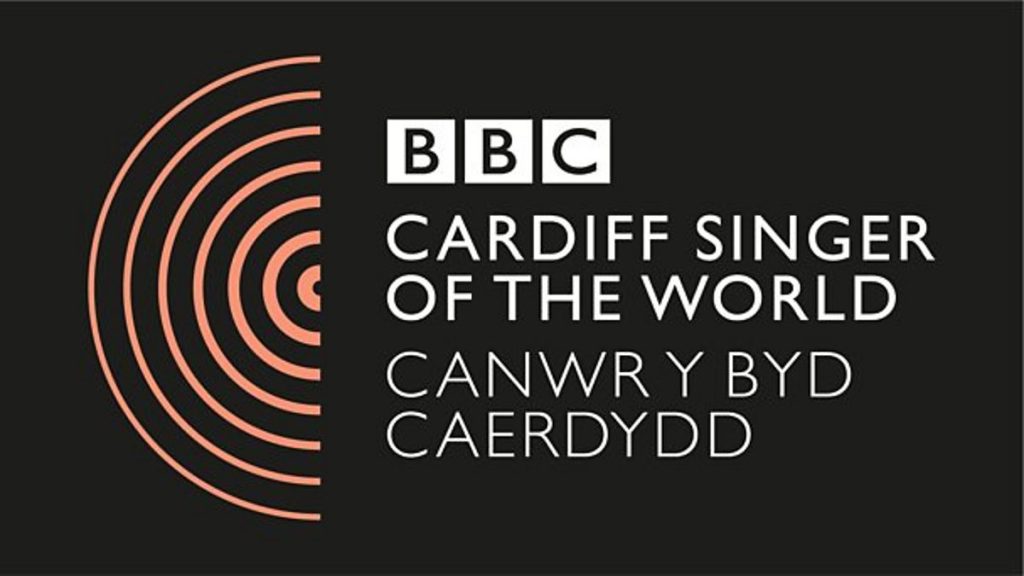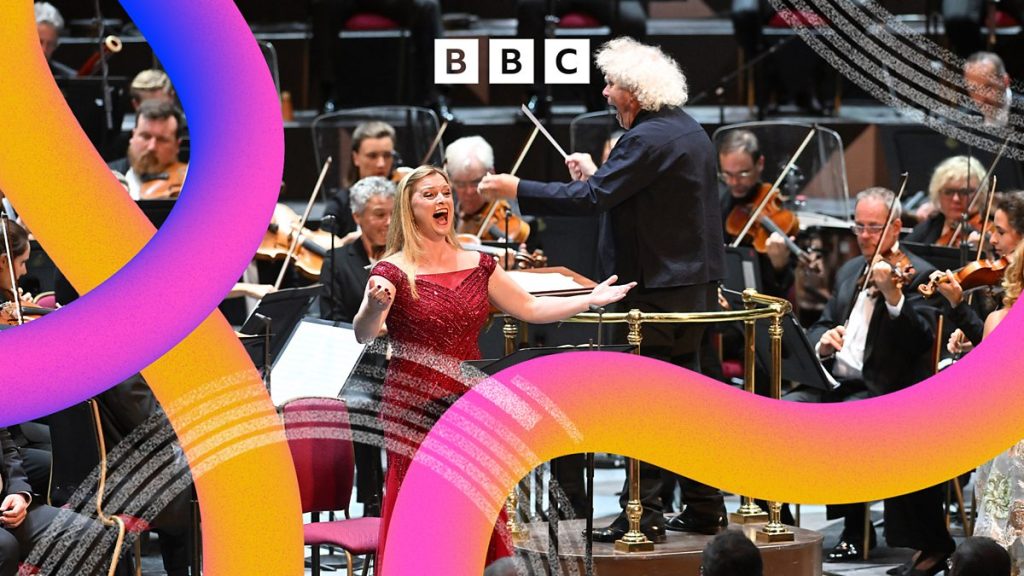
Photo credit: Mark Allan (3 / 5)
(3 / 5)
I’m still reeling after the Londin Sympony Orchestra and Simon Rattle doing Messiaen’s Turangalîla-Symphonie a few weeks back. As Rattle begins to leave the maestro role with them, it looked like The Proms might just be his last potential concert with them.
This is the first time the full work of Das Paradies und die Peri has been done at The Proms. Schumann’s not quite opera, not quite oratorio proved highly popular in its day, with tours around Europe and even going to New York. Based on Thomas Moore’s Lalla Rookh, the Peri in question is semi immortal creature who strives to make it to heaven. Through three redemptive tries, a drop off blood, a sigh and a tear all fail her, expect the final attempt. Journey to India, Egypt and then Syria, this strange piece has surprisingly fallen off since the 20th century, its success something of the past.
This is an era of rampant orientalisation, Moore’s story a popular read at the time, mirroring Scheredzade in the story telling arch and locations. Its pacing is slow in all fairness, though the music is fairly touching, little is done to make the exotic stand out in the music, Schumann’s early German sound is rich and at times compelling. Each part is one of the Peri’s attempts to try and get into heaven for an three act structure. There appears an almost unifying scope where characters from both Islam and Christendom are referenced, as we venture through supernatural forces and the geography of the Orient.
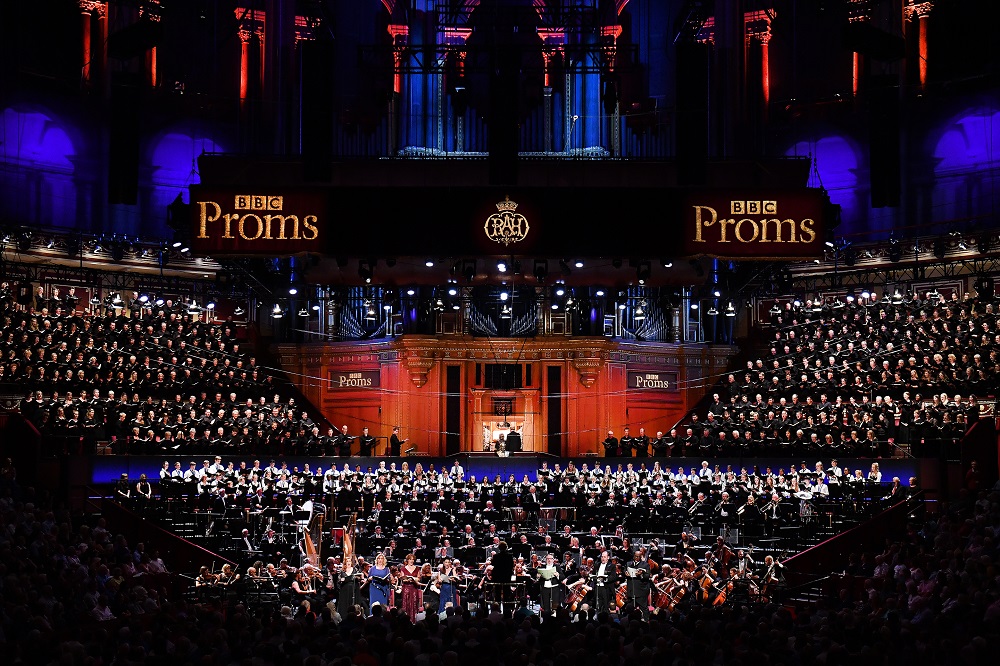
Photo credit: Mark Allan
There is decent music from Schumann here, though certainly, not his best. You get a flavour for his style, though nothing really stands out, the arias and chorus moments swells and sway throughout. Rattle loves this piece and you really feel this as his choice to make happen. His mastery over everyone on stage was noteworthy, his grey, curly mop proudly on display tonight. Lucy Crowe as the Peri offered stunning vocals for this strange role. The Angel was an equally strident Magdalena Kožená, the Narrator from Andrew Staples framed this odd story together, his tenor very firm and a lovely addition to the cast. In supporting roles, Jeanine De Bique, Floria Boesch and Linard Vrielink offered compelling and soaring vocals, their characters the defining aspect if the Peri goes to heaven or not.
LSO and its Chorus delivered well in what I imagine is a work they rarly take on. It proves how German music would progress, even if Peri is something we see much less of now. It’s a good piece, I just don’t think it needs constant revival.
The BBC Proms are available to listen live on BBC 3 and after on BBC Sounds

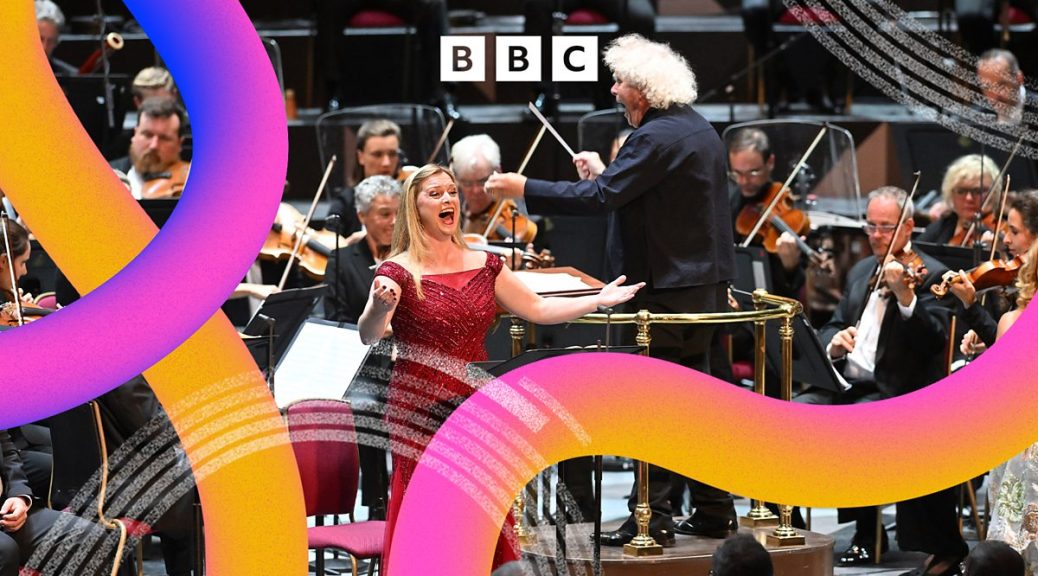
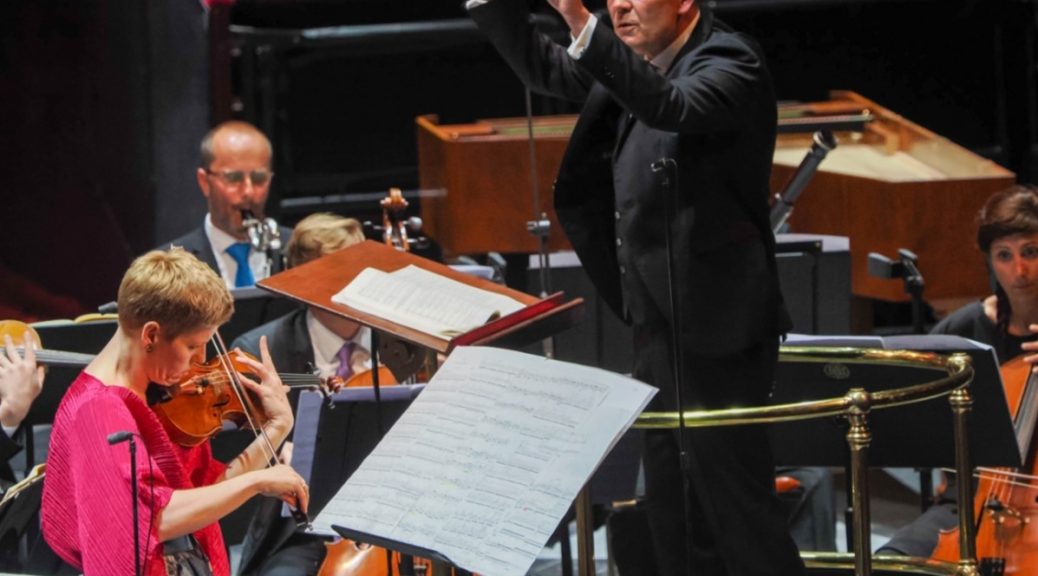
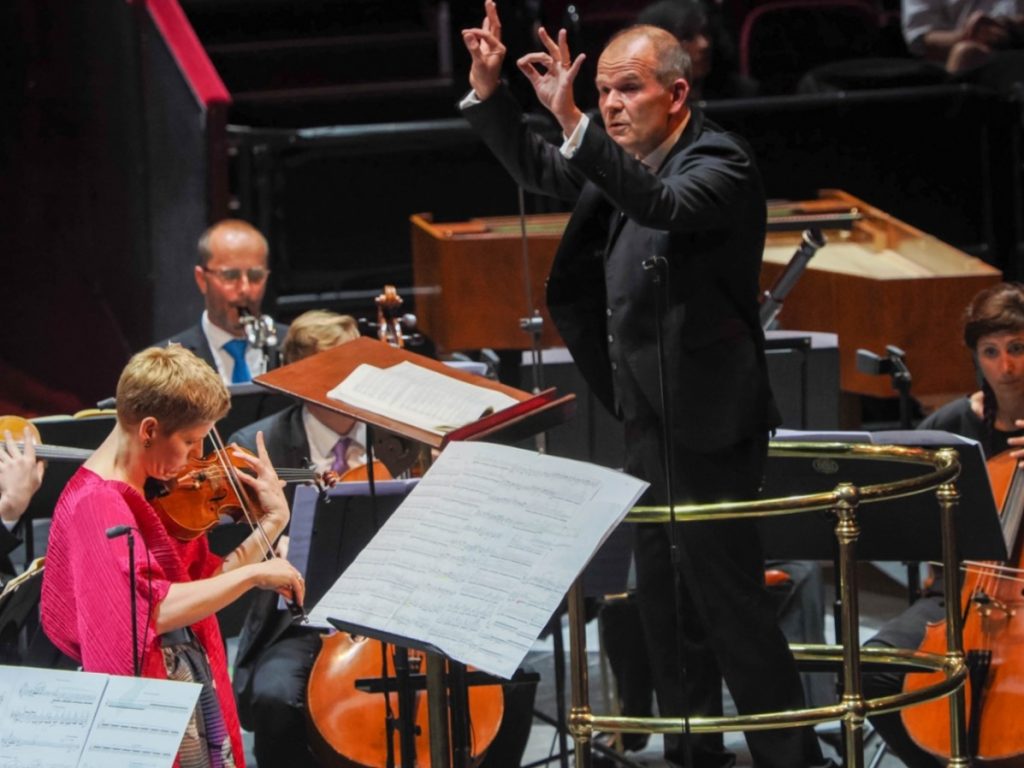
 (4 / 5)
(4 / 5)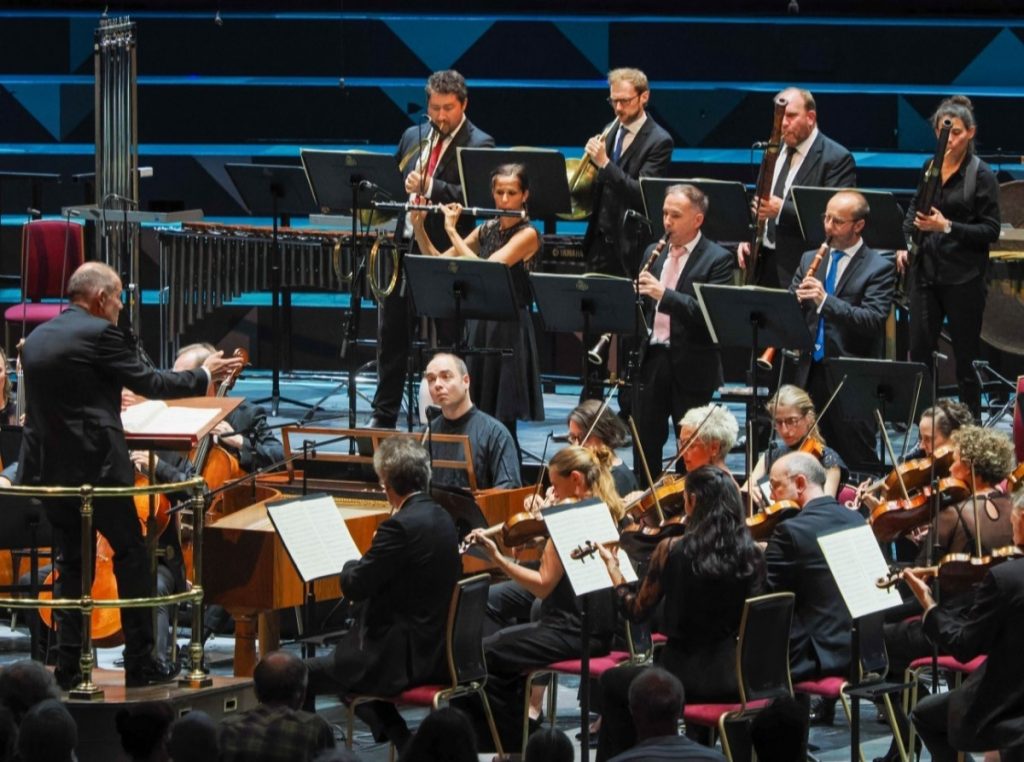
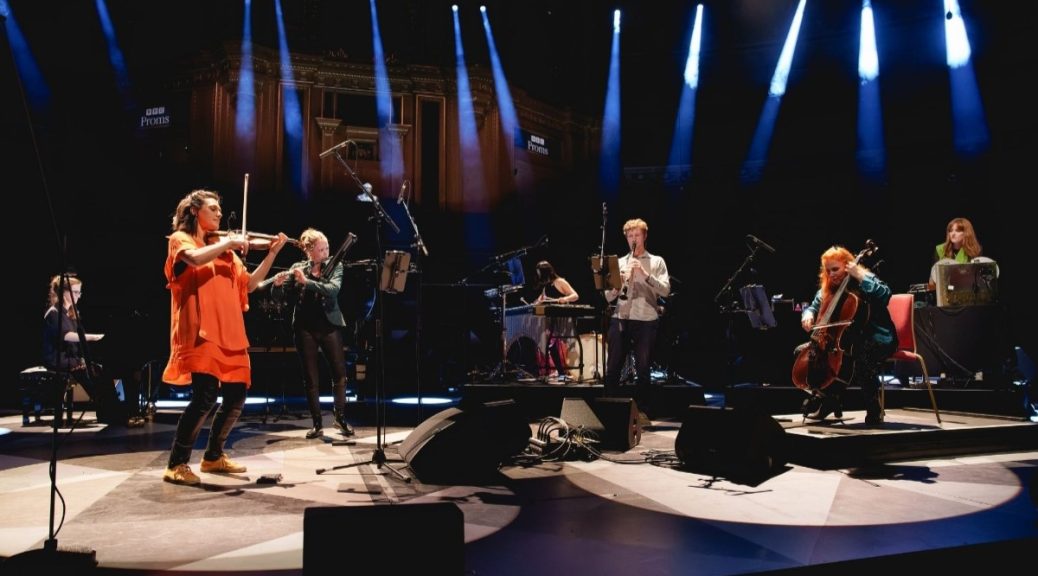
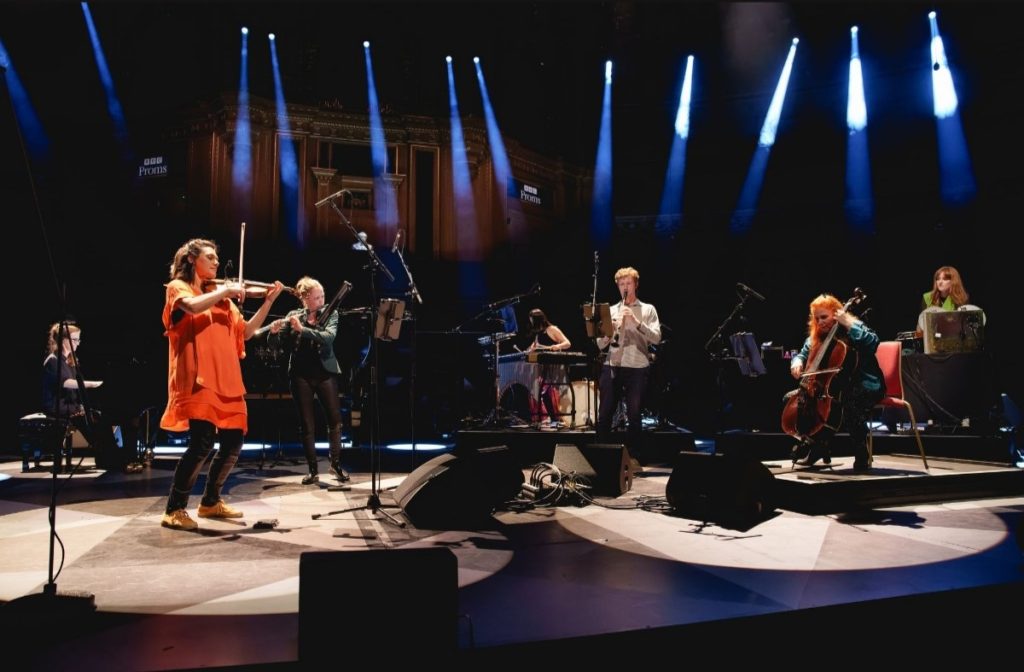
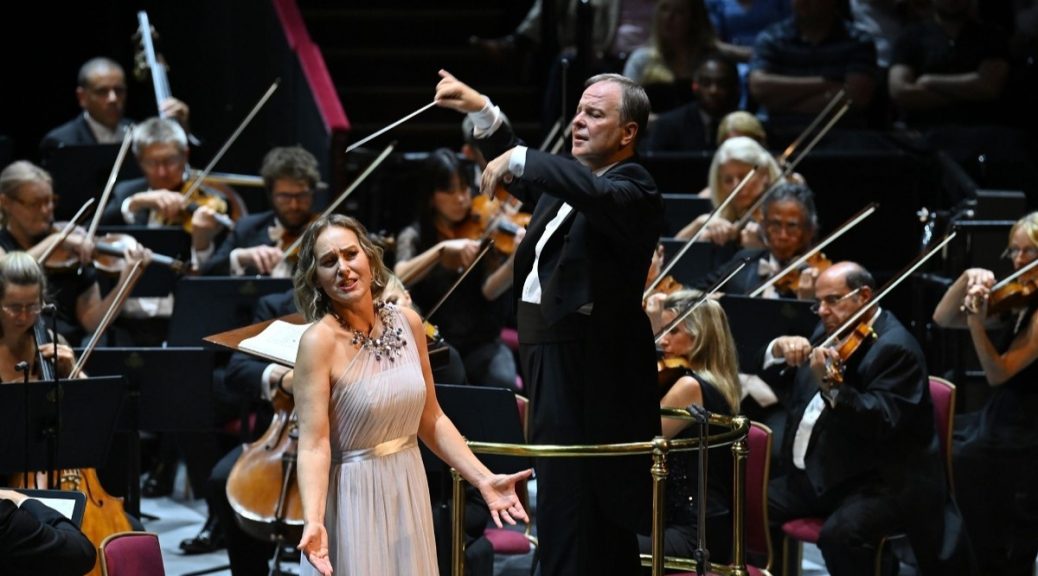
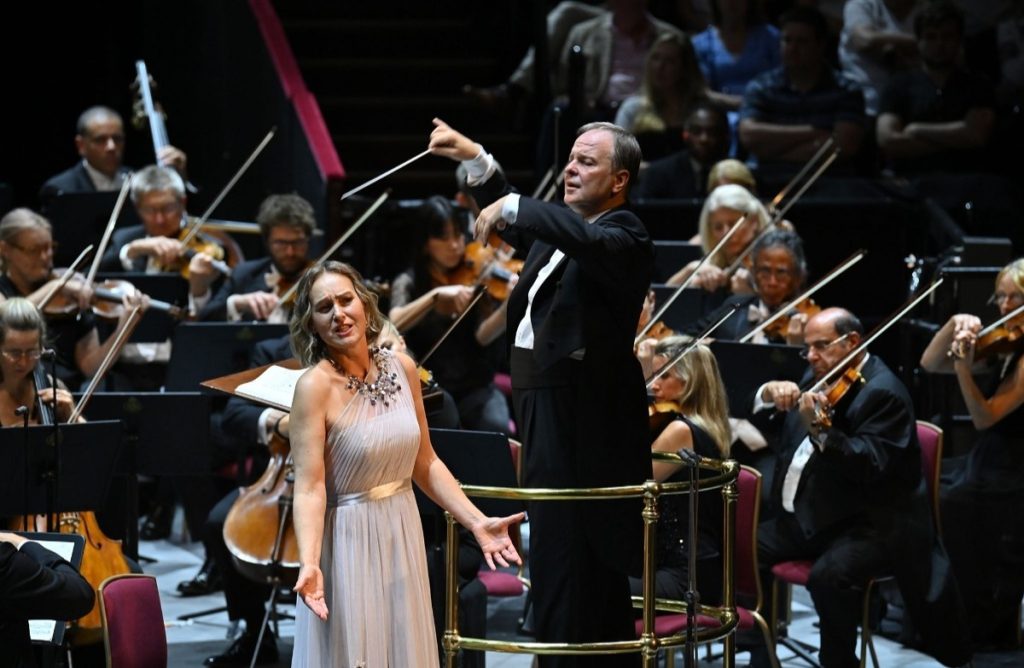
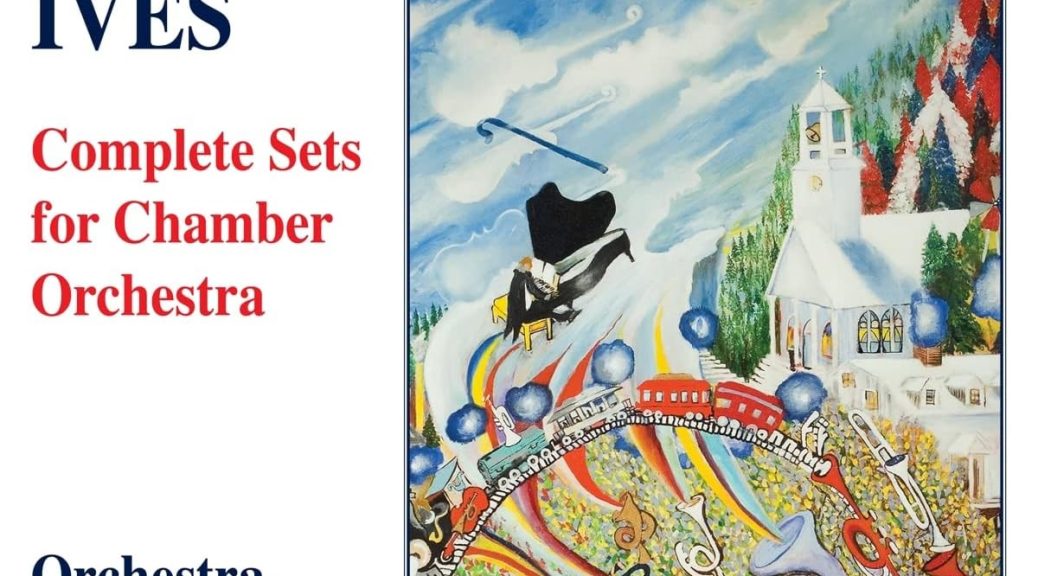
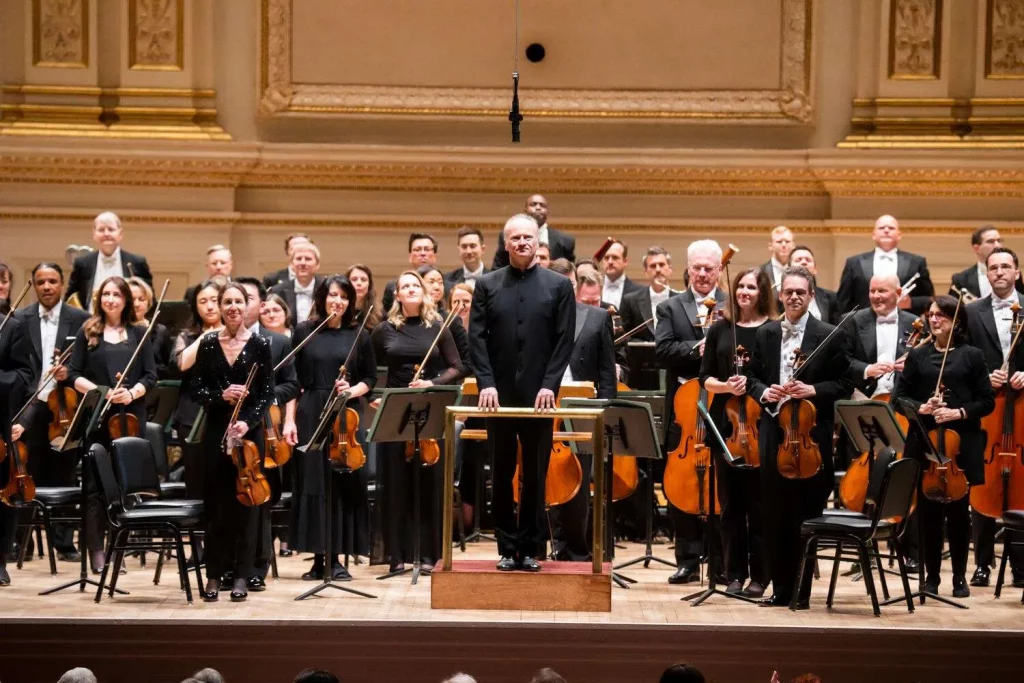
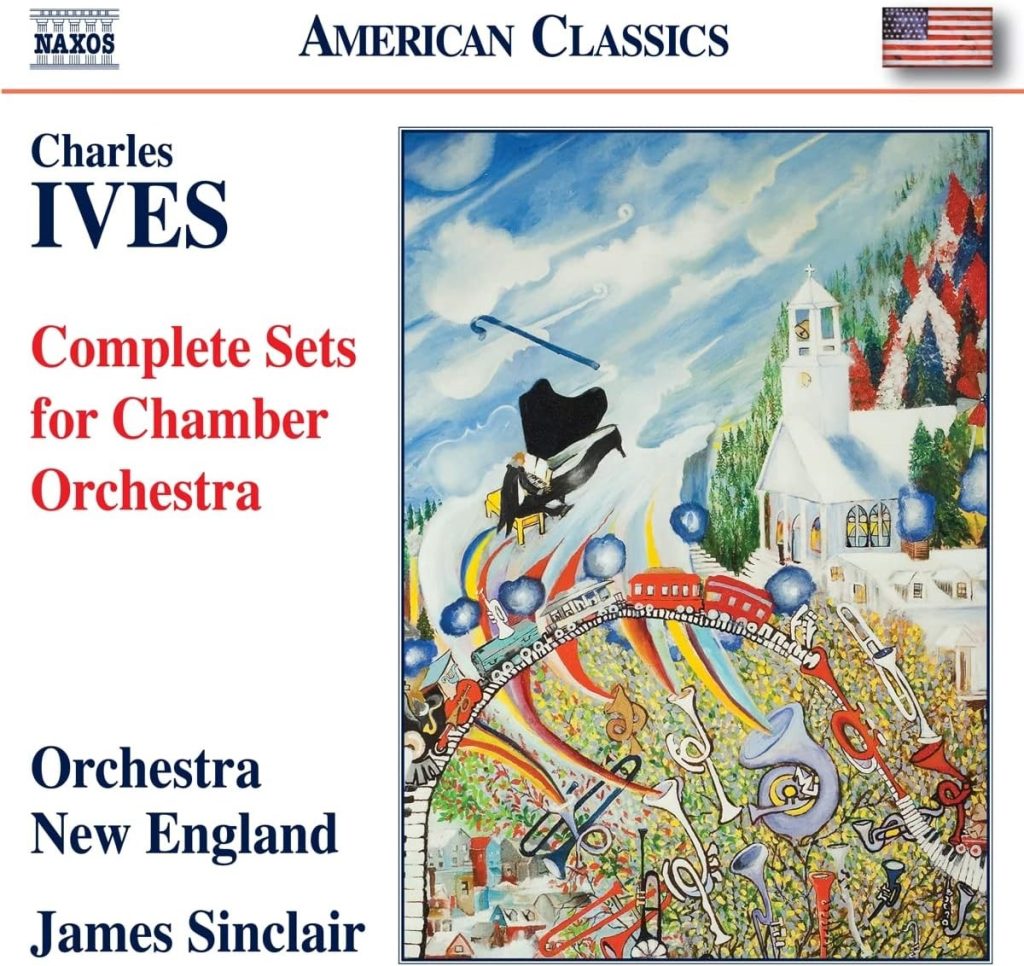
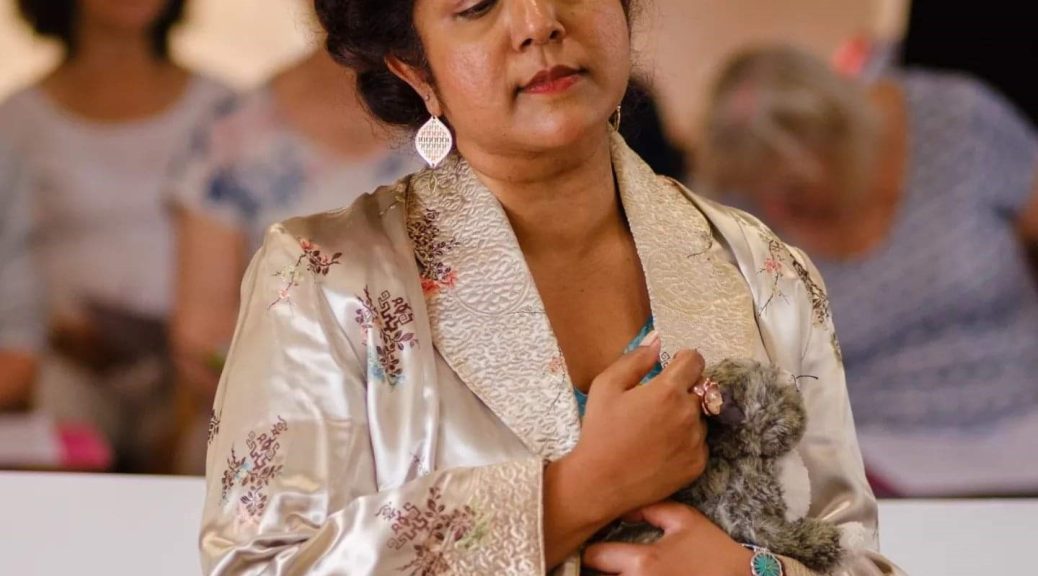
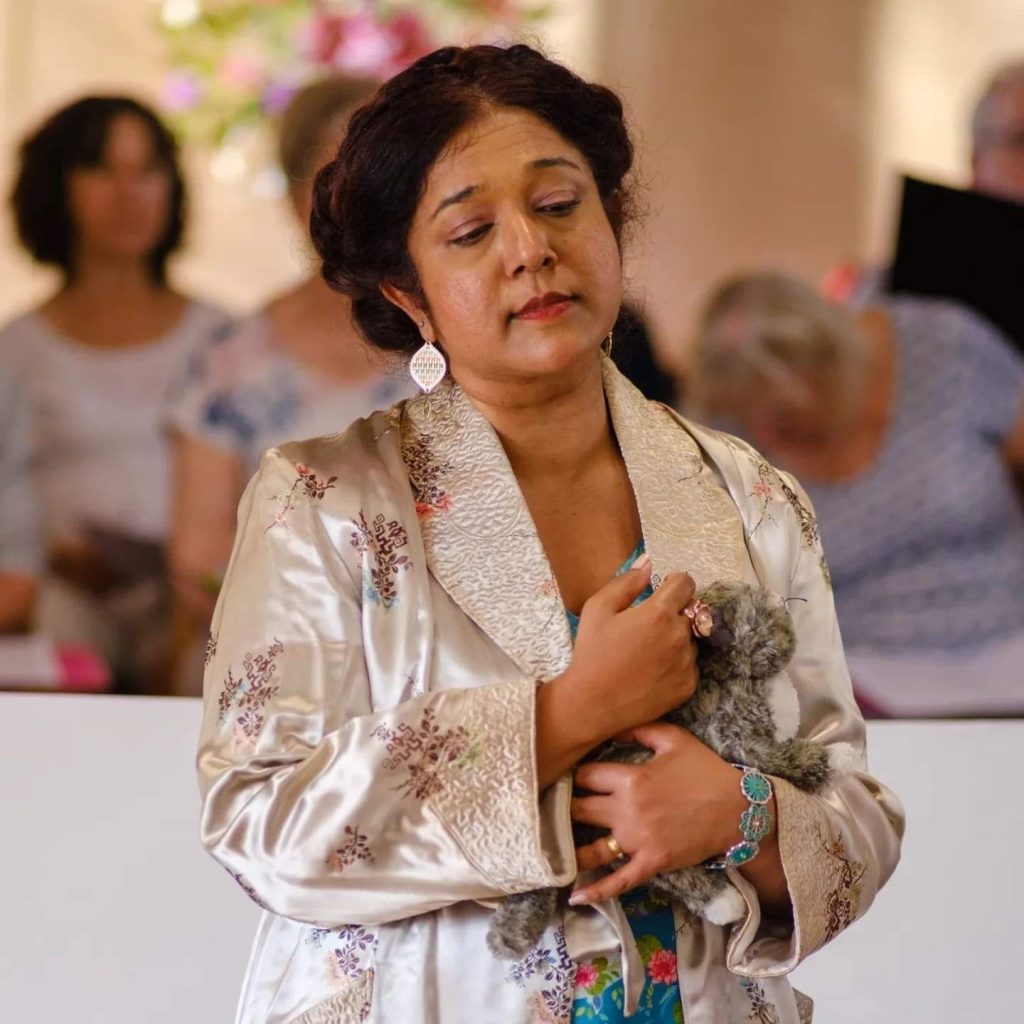
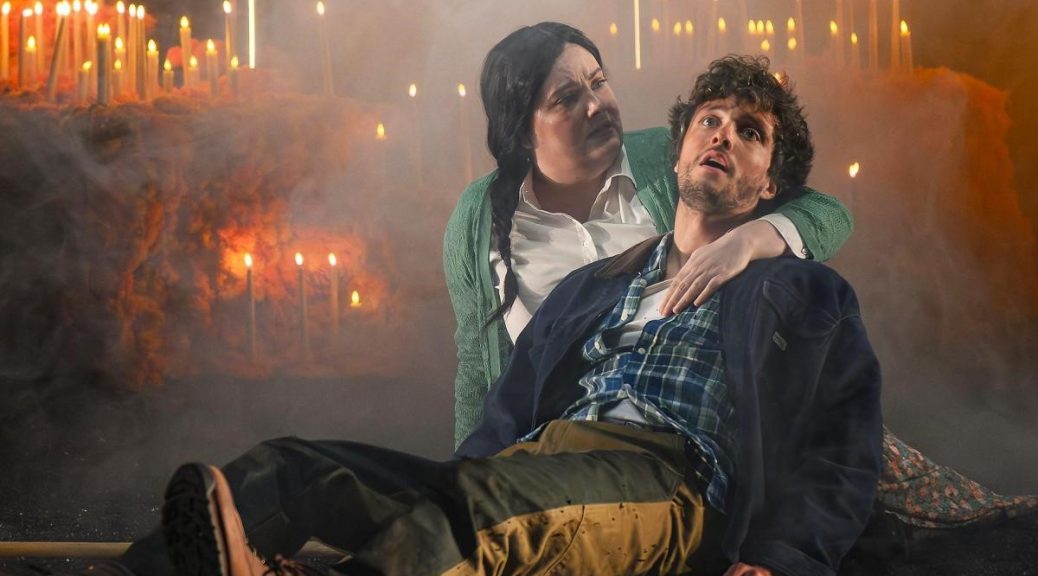
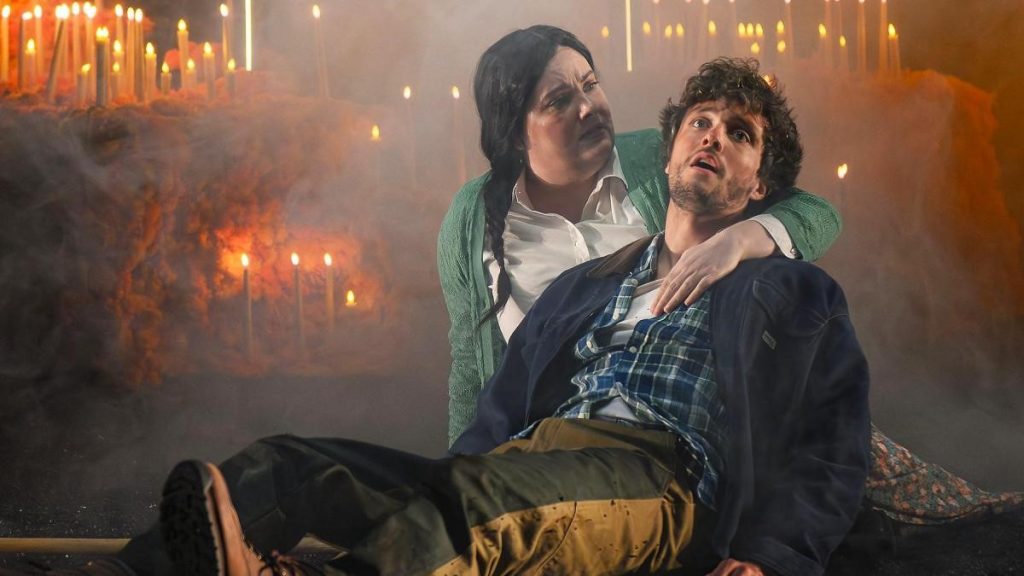
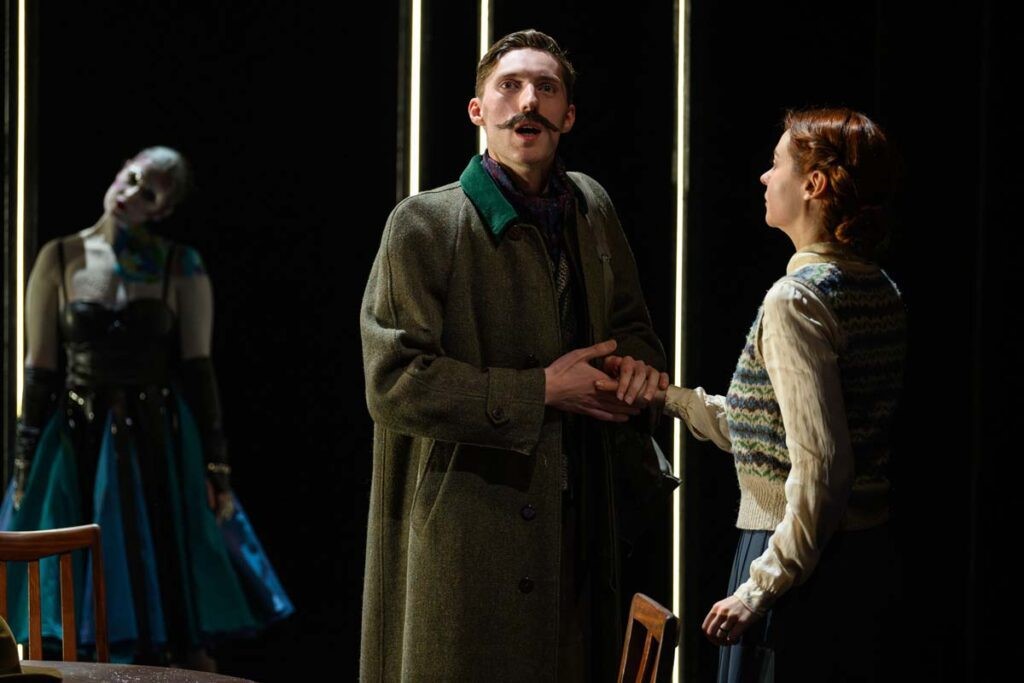
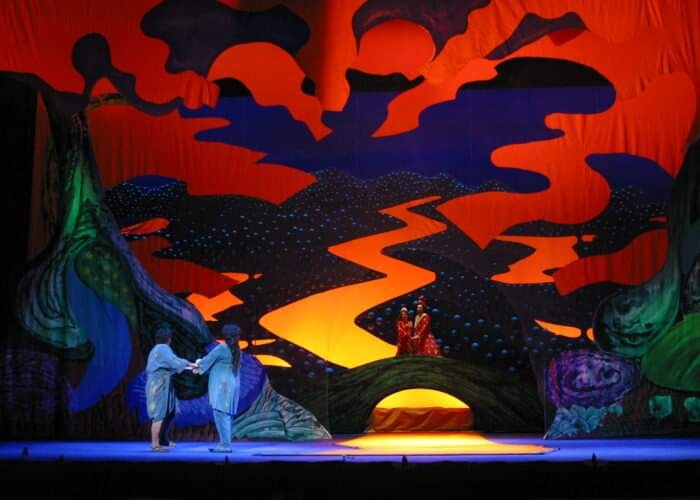
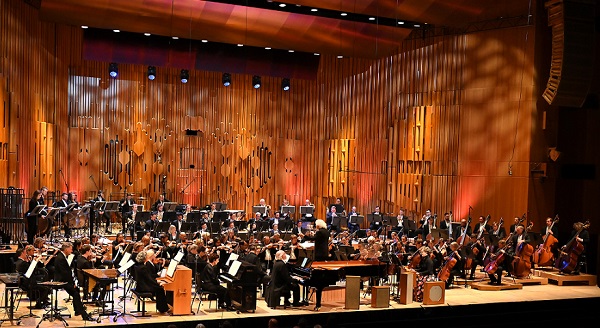
 (5 / 5)
(5 / 5)